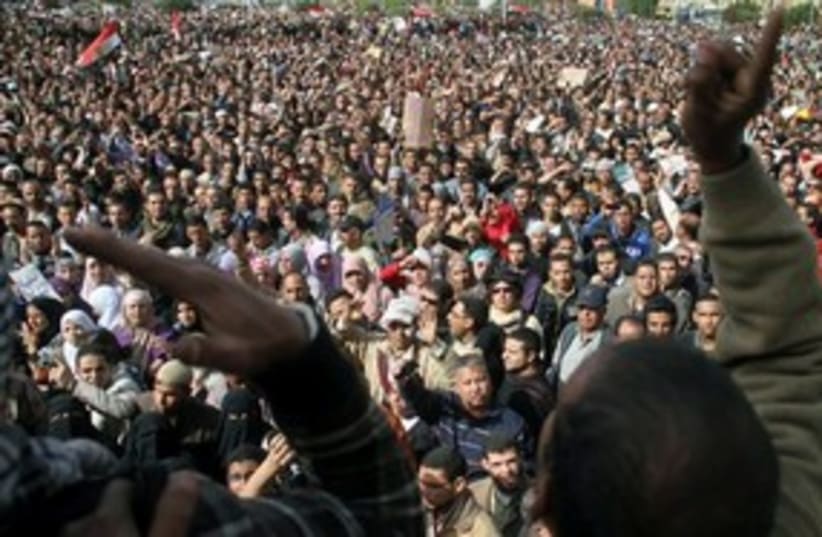The writer is a former Labor Party MK and the official biographer of David Ben-Gurion and Shimon Peres.
No hope for Egypt?
The problem in Egypt is not about democracy or freedom of speech. It’s about the freedom to provide its citizens with basic needs like food and employment, and it is on this issue the world should be focusing.

The writer is a former Labor Party MK and the official biographer of David Ben-Gurion and Shimon Peres.